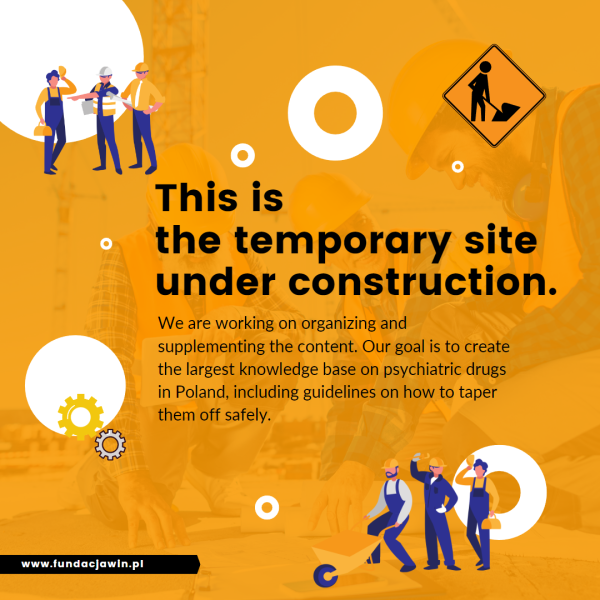Antipsychotic withdrawal – an unrecognised and misdiagnosed problem
Lack of guidance on stopping antipsychotics leaves prescribers reluctant to discuss stopping antipsychotics. Empowering the patient is a key concept in the antipsychotic prescribing guidance in the UK, yet people are rarely fully informed about the potential dangers of the medication.
Prescribers are not encouraging people to have conversations on stopping antipsychotics, either at the point of starting the medication or when someone is considering the effect of antipsychotics on themselves and want to explore their options. This leaves many people with the only option of attempting to stop their antipsychotics on their own without the support of a healthcare professional who could advise them on tapering the medication slowly.
Antipsychotic withdrawal symptoms are often ignored or treated as a relapse – the return of the condition the drugs were prescribed for. Yet classical withdrawal effects, similar to other central nervous system medications, were reported by 72% of people who had tried to stop their antipsychotic medication and more than 50% described these effects as severe. The withdrawal reactions from antipsychotics include nausea, anxiety, headaches, tremors, aggression, sleep disturbances and reduced concentration.
Antipsychotic withdrawal affects people whether they have had antipsychotics for off-label use or psychosis. The longer someone has been on an antipsychotic the harder it seems to be to stop taking them. The longer a person is on antipsychotics, the more severe and diverse the withdrawal symptoms are.







